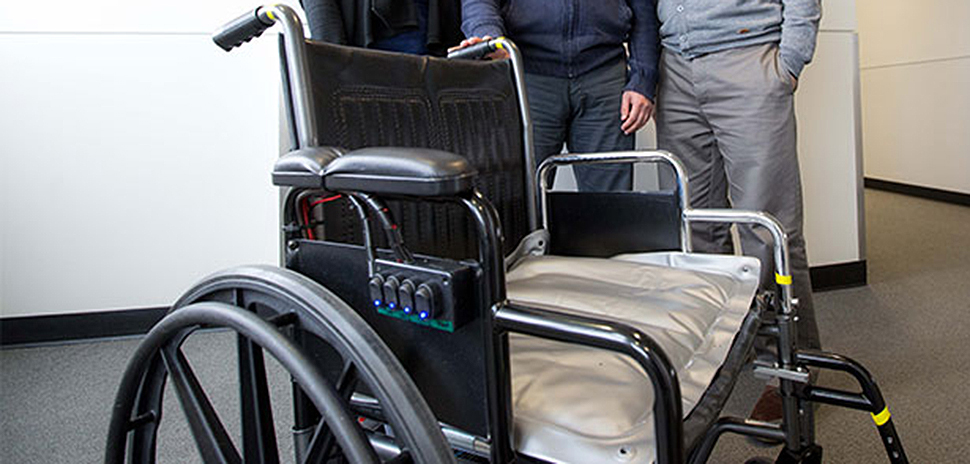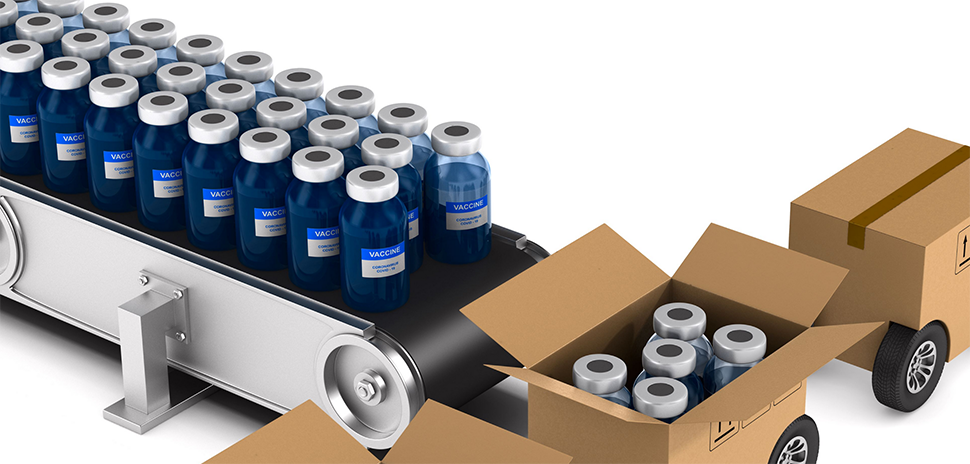Consistent pressure against the skin can lead to ulcers for many people in wheelchairs, but UNT Health Science Center researchers have designed a cooling cushion that could help prevent the costly health problem.
The battery-powered system circulates about a gallon of water through the seat cushion to keep skin temperatures in the person’s buttocks and lower back from rising.
Heat often gets caught between the body and cushion, which leads to sweating and eventually the tissue breakdown that causes ulcers, Metin Yavuz, assistant professor of physical therapy at UNT Health Science Center, said in a release. Water in the cushion hovers around 55 degrees Fahrenheit to keep skin temperatures from getting too high.
Yavuz helped create the prototype of the wheelchair cooling system along with his colleagues, Ali Ersen, a postdoctoral research associate, and Linda Adams, a research associate, using a $5,000 National Institutes of Health grant.
“We’re excited by the potential of this project,” Yavuz said. “If we can find a way to reduce the incidence of these ulcers, we can help reduce a major health problem and improve the quality of life for people in wheelchairs.”
Yavuz also is working on a self-cooling shoe to prevent ulcers in diabetics. A recently-awarded $225,000 NIH grant will allow him to further develop and start clinical trials on that project, according to the university.
Delivering what’s new and next in Dallas-Fort Worth innovation, every day. Get the Dallas Innovates e-newsletter.














![Manufacturing Institute President Carolyn Lee delivers the annual State of the Manufacturing Workforce Address at NTT DATA's North American headquarters in Plano on Feb. 25, 2026. [Screenshot/NAM YouTube]](https://s24806.pcdn.co/wp-content/uploads/2026/02/Carolyn-Lee.png)














